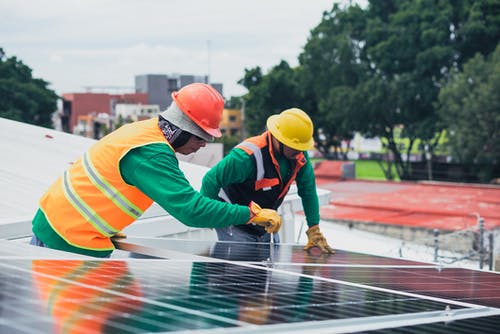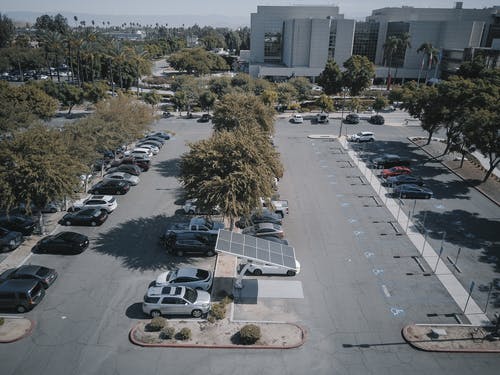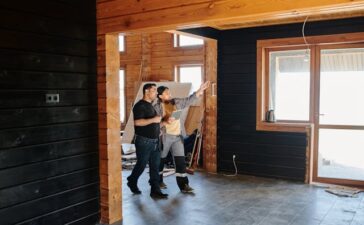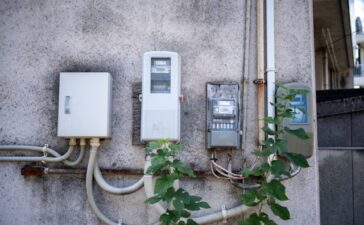To reap the financial benefits of a solar panel system, you will need to have more than one panel installed. A typical home would require between 20 and 24 solar panels to cover 100 percent of its electrical usage, though this is just a rough estimate. The exact number varies because of different factors such as electricity usage, wattage, location, and home size.
Electricity usage
The quantity of energy and power you use in your home is your electricity usage. This quantity, expressed in kilowatt-hours (kWh), is the result of electrical items that you use in your home and how often you use them. Electrical items such as refrigerators, air conditioners, small kitchen appliances, lights, chargers, and other devices and gadgets that are powered by electricity.
Determining your electricity usage is easy. Just look at your utility bills and you would have a fair ides of how much electricity you consume. This would give you an estimate on how many solar panels you would need to offset 100 percent of your electricity usage and utility bill.

Wattage
Wattage, or also known as solar panel’s power rating, is the amount of electricity produced by a solar panel under ideal conditions. Measured in watts, most solar panels have a power range of 250 to 400 W. If you purchase solar panels in the lower range, you would need to purchase more as opposed to buying panels using higher wattage. You need to know that wattage also affects the solar panels Perth price. Generally, solar panels with higher wattage are more expensive than panels with lower wattage.
Location
The quantity of power (kWh) that your solar energy system can generate is determined by the amount of sunshine that your roof receives. The amount of sunlight you receive is established by both your location in the country and the time of year. Some places, for example, has more sunny days per year than others.
However, regardless of where you live, you will be able to generate enough energy to meet your demands and eliminate your utility bills. This could be done by simply installing a larger solar system if you live in a place with fewer peak sunlight hours. Production ratios is affected by location and a lower production ratio (due to less sunshine) implies you will need more solar panels to produce the amount of energy you require.

Home size
The numbers of solar panel can be quite significant to consider depending on the size of your home. A larger home of course would need more solar panels since it would need more electricity. A 3,000 sq ft home would roughly use 14,130 kWh in a year. To accommodate this, the homeowner must have at least 42 solar panels as opposed to a 1,000 sq ft home that uses 4,710 kWh in a year would approximately need 14 solar panels.
Solar panels are worth installing especially if your home is located in a desirable location, you are using a lot of energy and you want to be environmentally responsible. While solar panels have a hefty initial cost, they pay for themselves over time by lowering your electricity bill.





